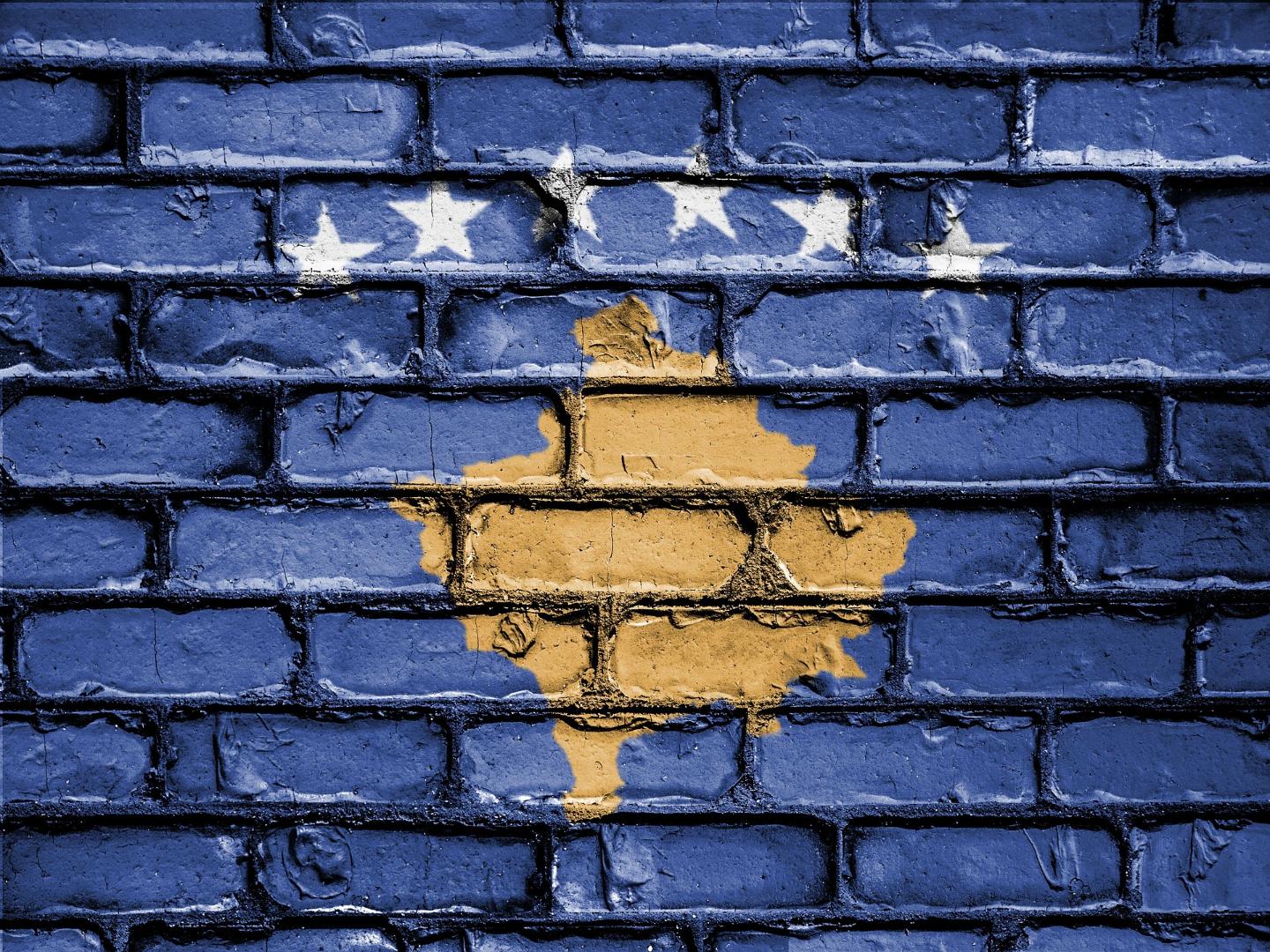Asset Publisher
Media Situation in Kosovo
Asset Publisher
Media in Kosovo experienced entirely two different epochs, before and after the Kosovo War. Before the War, media in Albanian language, the native tongue of most Kosovars, were banned or intimidated. After the War, with the help of the international community, a public broadcaster was set up and several private ones were aided. Since then, the media market has grown and diversified.
Difficult economic situation
Kosovo’s Constitution protects free expression and media plurality. In 2012, the Government included an article in the proposed Criminal Code that makes it possible for journalists to be jailed if they do not reveal their sources. However, the Kosovo Assembly rejected that particular article, after pressure from media and civil society. The access to public documents is guaranteed by law.
Kosovo’s media are in a tough financial situation. They are dependent and influenced by political power and business groups, and also criticised by international organisations for a lack of professionalism. According to RWB the media is financially fragile and thus prone to political influence and in addition the Covid-19-pandemic put an end to the production of print editions by many newspapers. However as help to the media after the Covid crises the government offered an Emergency Fiscal Package, that benefited the private-media employees.
Lack of independence
The US State Human Rights Report for 2019 claims that “financial difficulties of media outlets put the editorial independence of all media at risk”, resulting in “those with fewer resources sometimes accepting financial support in exchange for positive coverage or for refraining from publishing negative stories harmful to funders’ interests”. Additionally, the European Commission states in its 2019 report on Kosovo that the lack of independence not only emerges from financially unstable media outlets, but in the case of the public broadcaster Radio Television of Kosovo (RTK) also from the funding method: “RTK remains directly state-funded, with its budget determined annually by the Assembly. This undermines its editorial independence, weakens its long-term sustainability and leaves it prone to political influence.” “The government uses its own communication channels, including mainstream public outlets and the prime minister’s Facebook and Twitter accounts.”, states the Vibrant Information Barometer. The international NGO Reporters without Borders (RWB) has ranked Kosovo 78th out of 180 countries in its latest World Press Freedom Index. Compared to ranking of the countries in 2020, Kosovo has dropped by 8 places in 2021.
Independent Media Commission in need of better resources
Online journalism is rapidly developing with the growth of technology and internet usage. However, there are fears that online news portals frequently sacrifice basic ethical rules of journalism (concerning fact-checking and copy-pasting). In Kosovo, there are two important bodies that control and monitor the work of media. The Independent Media Commission (IMC), established in 2005, is responsible for licensing public and private broadcasters, and for monitoring their work in accordance with the Code of Conduct. IMC members are elected by the Assembly of Kosovo. The composition of members of the IMC reflects gender diversity and multi-ethnicity. IMC has been criticized for being politicized. The European Commission evaluates in its 2019 report on Kosovo that IMC “failed to make any substantial progress in implementing the digital switchover, even though the International Telecommunications Union deadline expired in June 2015”. Therefore, the EU demands “adequate staffing and funding” for IMC to operate independently. Additionally, Kosovo must dissolve the problematic funding situation of the public broadcaster RTK and enhance the implementation of its legislative framework regarding press freedom, according to the EU. There is no state body that monitors the work of print and online media. The Press Council of Kosovo is a self-regulatory body created by some of the newspapers and online portals.
Sources:
- Independent Media Commission (IMC)
- Press Council of Kosovo (PCK)
- World Press Freedom Index 2019, Kosovo, Reporters Without Borders
- US State Human Rights Report Kosovo 2019
- EU Kosovo Country Report 2019
- Freedom House Report 2019
- Vibrant Information Barometer 2020, Kosovo
- World Press Freedom Index 2021, Kosovo, Reporters Without Borders
Jeta Abazi, University of Prishtina
2020 adjusted by Luise Mosig, KAS Media Programme South East Europe
2021 adjusted by Stanislava Madoleva, KAS Media Programme South East Europe



